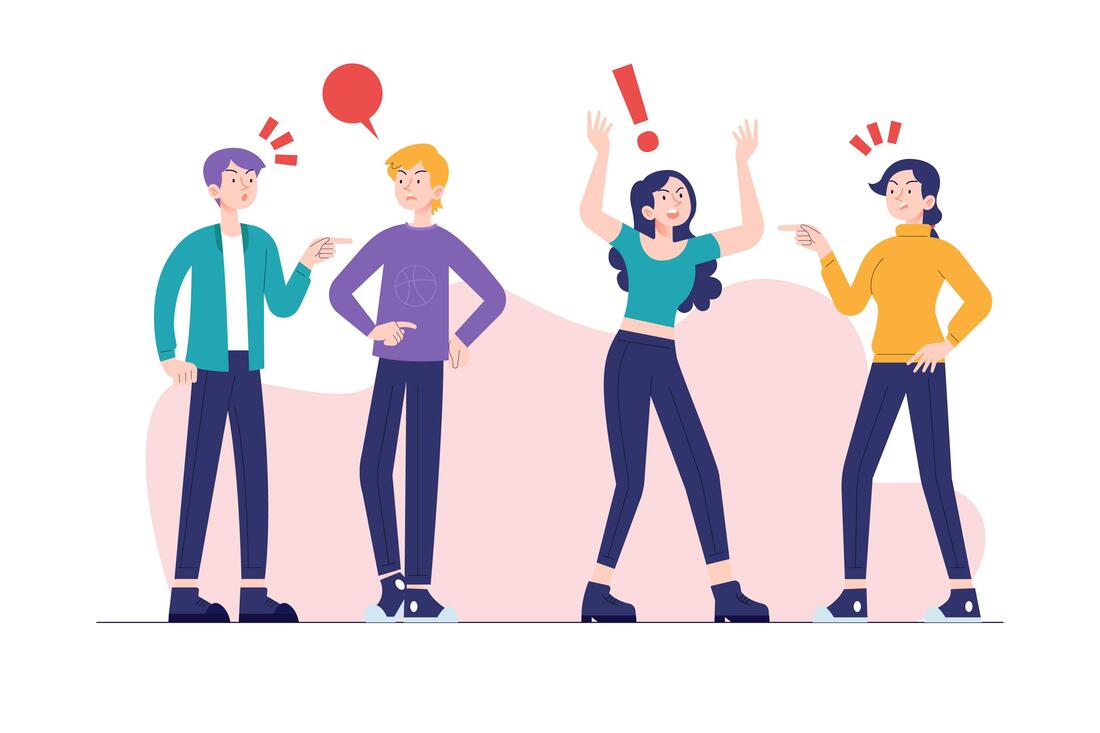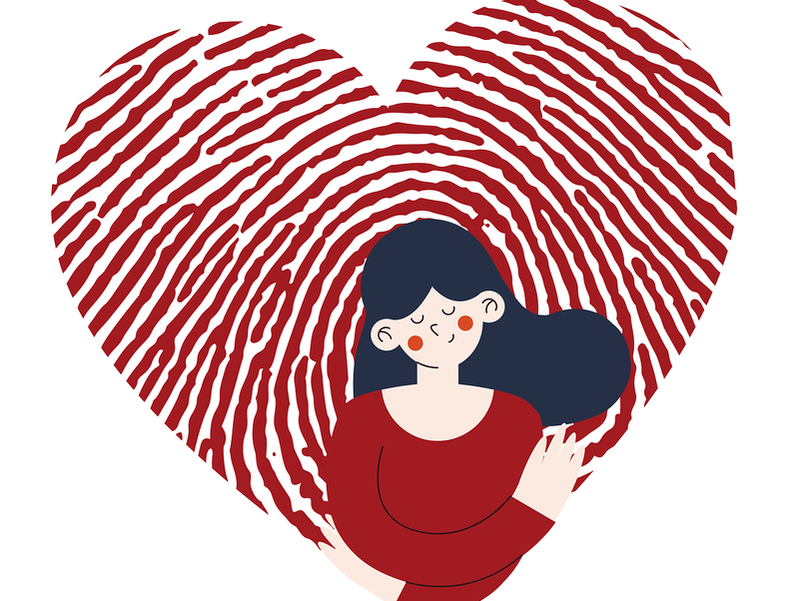|
Feature by Nikita Fernandes Image via Unplash ADHD or attention-deficit/hyperactivity disorder is a state of neurodivergence in which people's executive functioning skills are impacted differently from people without ADHD. According to the National Institute of Mental Health, people with ADHD experience inattention, hyperactivity and impulsivity. There was recently a surge on the tiktok platform of people claiming they have ADHD. Although the symptoms of ADHD are recognizable in childhood, some people go years without being diagnosed and find out late into adulthood. This can bring about an identity shift in how they've previously seen themselves. There is a lot of research that exists about ADHD during childhood but the research looking at adult ADHD is still scarce.
0 Comments
Feature by Simran Bharadwaj Image via Freepik If you are in a relationship, chances are you have had your fair share of arguments. Conflicts in relationships are normal and maybe even healthy. However, there are signs to recognize poor communication as well as tips and tricks to help improve poor communication. How to recognize poor communication Passive aggressive behavior: Individuals who express passive aggressive behavior might feel angry or frustrated while exhibiting neutral or pleasant behavior. Partners might drop hints about how they are feeling through passive comments. For example, if an individual is annoyed about a partner constantly being late, they might joke about their partner’s punctuality. Bottling up feelings: Partners might ignore issues that bother them until they pile up resulting in an explosion of all the things that have angered them in the past even if that is not what the present argument is about. You might find yourself acting like everything is okay in an effort to avoid a fight, while still being angry about something from the past. Aggressive Speech: There are various forms of aggressive speech including yelling, pointing blame, and controlling a conversation. Partners may use aggressive speech to dominate the conversation and try to prove their point of view. If you notice toxic communication patterns that you are exhibiting or that your partner is consistently using, there are methods you can use to avoid these patterns and communicate more effectively and openly. How to improve poor communication “I” Statements: Using “I” statements can be helpful when trying to express what you are feeling. They can help with avoiding accusatory statements that make your partner feel attacked. For example, “I feel like you are spending too much time with your friends” is less accusatory than “you are always spending time with your friends.” Active Listening: In conjunction with “I” statements, active listening can help your partner feel heard while also conveying your point of view. Body language can be key to active listening through looking at your partner instead of turning away or trying to do other things at the same time. Allow for your partner to express their views or concerns without interrupting or jumping in to defend yourself. Create space for both of you to speak. Process your feelings: It is not always the worst thing to step away from a fight and understand how you are feeling first. This can help to avoid saying things that you do not mean in the midst of a heated argument. Allow for your partner to do the same. Taking time to stay in control of your emotions can help with miscommunication. AuthorSimran Bharadwaj is a pre-professional licensed mental health therapist in New York City. You can contact Simran at [email protected] and read more blog posts at www.mwr.nyc.
Feature by Nikita Fernandes Via Pixabay In her book Milk and Honey, poet Rupi Kaur writes, "How you love yourself is how you teach others to love you." But what does loving yourself look like? I believe that loving ourselves looks like having a secure attachment with ourselves. Let's learn about where the idea of a secure attachment came from.
Back in the 1990's, researchers named John Bolby and Mary Ainsworth came up with attachment theory which spoke to how human beings relationships with their parents later impacted their relationship patterns as adults. Three attachment styles were put forth: secure attachment, anxious attachment and avoidant attachment. For example, if someone grew up with an absentee parent, they are likely to develop an avoidant attachment and ghost potential partners for fear of being rejected. To heal insecure attachments, mental health therapy can help us develop more secure relationships with our potential partners. I'd therefore like to take this one step forward and focus on developing a secure relationship with ourselves. |
Authors
Archives
February 2023
Categories
All
|



 RSS Feed
RSS Feed